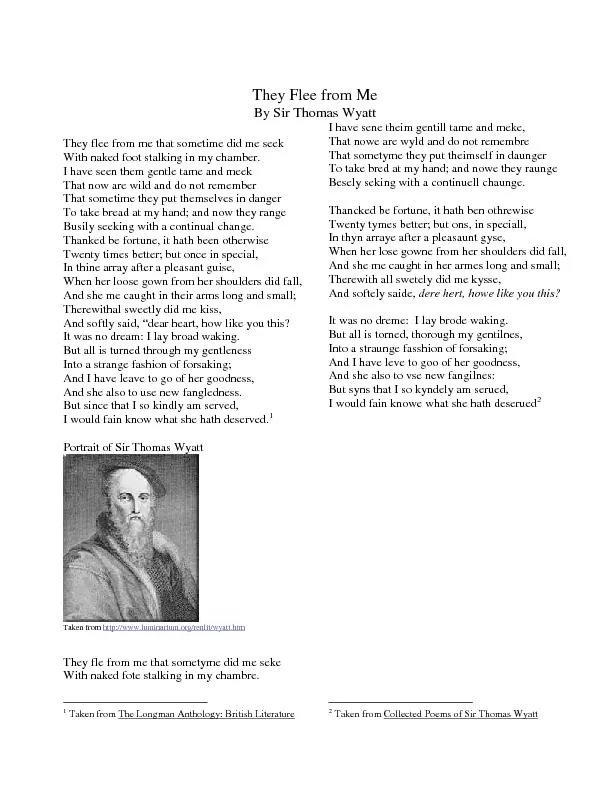PPT-History of South Africa Wyatt Egger
Author : myesha-ticknor | Published Date : 2018-09-29
httpswwwyoutubecomwatchvFaSWLyGQe2s Dutch Dutch India East Company 16521691 One of the major European trading houses sailing the spice route to the East had no intention
Presentation Embed Code
Download Presentation
Download Presentation The PPT/PDF document "History of South Africa Wyatt Egger" is the property of its rightful owner. Permission is granted to download and print the materials on this website for personal, non-commercial use only, and to display it on your personal computer provided you do not modify the materials and that you retain all copyright notices contained in the materials. By downloading content from our website, you accept the terms of this agreement.
History of South Africa Wyatt Egger: Transcript
Download Rules Of Document
"History of South Africa Wyatt Egger"The content belongs to its owner. You may download and print it for personal use, without modification, and keep all copyright notices. By downloading, you agree to these terms.
Related Documents














